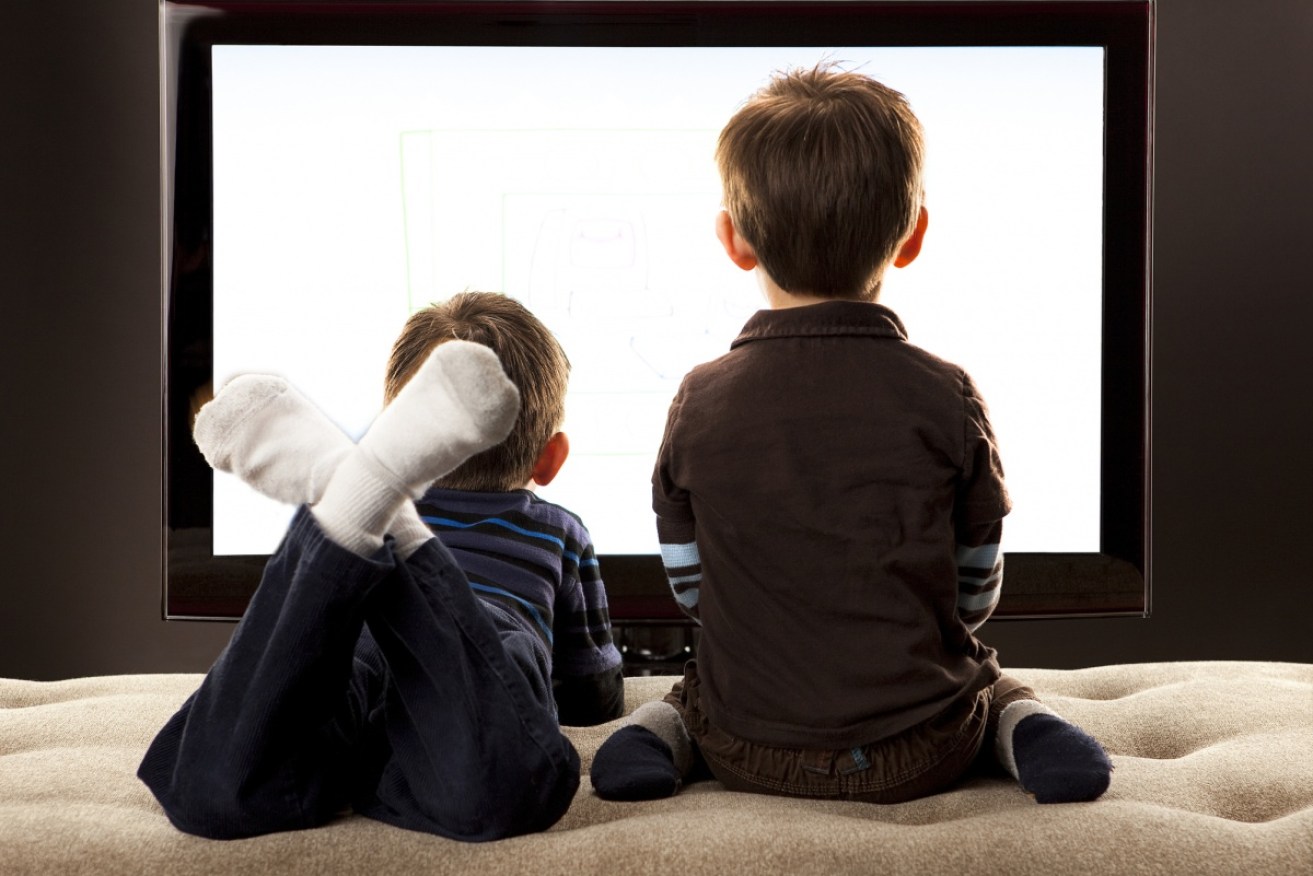Screens banishing kids’ imaginary friends

Children are spending less time outside and more time in front of screens. Photo: Getty
Pre-school workers say imaginary friends are becoming less common, with too much screen time affecting children’s imaginations.
A British poll indicates that almost three in four childcare workers think fewer children have imaginary friends now than five years ago.
Almost two thirds of those questioned think that screens are making children less imaginative.
Children now are often left with little time to be bored or left to their own devices, industry leaders suggested, with time instead filled with screens and activities.
The daynurseries.co.uk poll, which questioned 1,000 childcare workers, found that almost half (48 per cent) say that there are children at their centre who have imaginary friends.
A total of 72 per cent agreed that fewer children have imaginary friends now than five years ago.
And 63 per cent of those questioned said they think screens are making children less imaginative.
David Wright, owner of Paint Pots Nursery group, Southampton, said: “One or two children in our nursery do have imaginary friends but they mainly come out at home, when children are alone.
“I think that children are not allowed to be ‘bored’ any more.
“When children have free time to themselves, they find something creative to do with their mind, such as forming an imaginary friend.”
There is a “general issue with children’s creativity and development of imagination”, he said.
“Quite often these days, children expect to be entertained in some way, so that they’re receiving content either from a tablet or a TV, and I think that diminishes their ability to then use their own imagination to create imaginary friends, to develop language and stories and that kind of thing.”
Dr Paige Davis, a psychology lecturer at York St John University, said children who make up imaginary friends are typically aged between five and seven, and often do so to help them deal with a situation, or when they are building certain life skills, like talking to others.
TV and modern technology has changed the way children play, making it less spontaneous in general, she said.
-AAP








